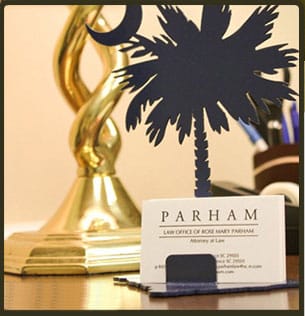Going to college is one of the most important milestones in a person’s life. Unfortunately, a drug conviction could put that goal in jeopardy. This is especially true if you are relying on financial aid to help ease the burden of college expenses.
Aside from facing heavy court fines, possible jail time, and future employment issues, a drug conviction could limit your eligibility to receive federal student grants or loans. A conviction could also bar you from participating in a work-study program. If you have been charged with a drug crime, it is important that you understand your options. A South Carolina defense attorney can help defend you against drug charges. Read further for more information on how a drug conviction might affect your eligibility for federal student aid.
Suspended eligibility
If the court charges you with a drug crime while you are already receiving student aid, it is possible that your eligibility to receive any additional funds might be suspended. The next time you have to fill out your application for student aid, you will have to put a check in the box that indicates you had a drug conviction while you were already receiving aid. You will then have to complete an additional worksheet that will help you figure out if your conviction has any effects on your eligibility.
Regaining eligibility
After a suspension, you may be able to regain eligibility early if you meet the requirements. You have the option to complete an approved drug rehabilitation program to regain eligibility or you can participate in and successfully pass two random drug tests. If you regain your eligibility during the time period you would have otherwise received financial aid, you need to notify your financial aid office as soon as possible. You may still be able to receive some aid for that year.
Conviction after you file the FAFSA
If the court convicts you of a drug offense after you have submitted your Free Application for Federal Student Aid (FAFSA), not only might you lose any additional funding, but you might have to pay back any funds already received while you were ineligible.
If a South Carolina court has charged you with a drug offense, you still have rights and options. A strong defense could save your college career as well as future employment opportunities.


